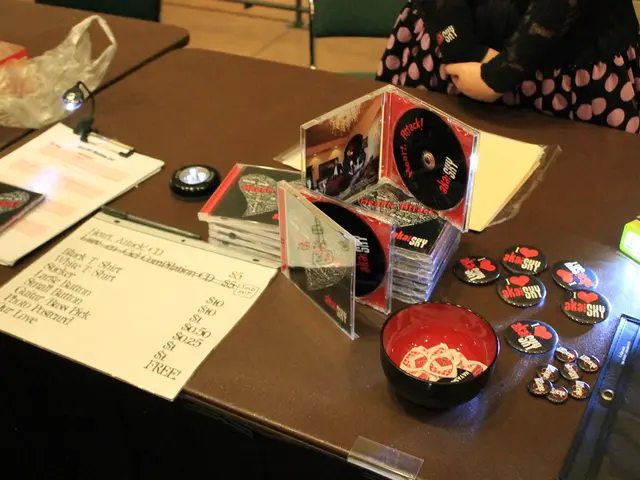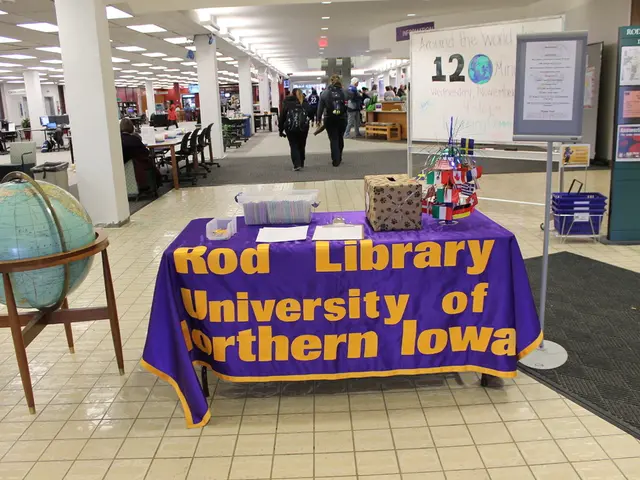Winegrowers in the Moselle region face strain due to a cost dispute, leading to increased price of feathered white wine.
The German wine industry is currently grappling with a crisis, as revealed by the farmers' and winemakers' association. This predicament is particularly evident in the production of Federweißer, a young, fermenting wine popular in the Mosel region.
In contrast to the challenging weather conditions that caused many vines to freeze last year, this spring and summer have been ideal for the vineyards. However, the competition is heating up, with winemakers from Baden selling their Federweißer at dumping prices, a strategy that other winemakers find difficult to undercut.
Winemakers in Baden, Pfalz, and Rheinhessen are finding it tough to sell their barrel wine. Meanwhile, the Federweißer harvest along the Mosel is scheduled to take place in two weeks. The harvest in Pfalz and Rheinhessen has already begun, aiming to be at least earlier than cheaper competitors from Italy.
The colleagues on the Mosel are at a disadvantage in the Federweißer price war, as many other growing regions are offering the early, sweet wine particularly cheaply. Günter Meierer, a renowned winemaker, tastes a grape and finds it sweet and almost ripe, but he is worried about the competition from Baden, which sells its early wine cheaper in supermarkets.
Meierer, the market leader on the Mosel, is concerned about the upcoming Federweißer season due to higher prices compared to competition. He had hoped to raise his prices this year to account for increased operating costs, but traders blocked this in negotiations.
Despite the challenges, Meierer remains hopeful, aiming to sell at least 60,000 bottles of his Federweißer this year. He is satisfied with the vineyards on the Rosenberg in Osann-Monzel, which are full of grapes for Federweißer.
Interestingly, many customers are willing to pay more for a regional product. However, the low demand for German wine is due to people drinking less in general and customers preferring cheaper bottles from abroad.
The crisis in the German wine industry is not only affecting the Mosel. More and more businesses are getting into the Federweißer business due to the price war, further intensifying the competition. This situation calls for a re-evaluation of strategies and positions within Germany’s wine landscape.
- Despite the struggles in the German wine industry, Günter Meierer, the renowned winemaker, is exploring alternative revenue streams, such as technology, education-and-self-development, to offset the financial losses caused by the Federweißer price war.
- In an effort to diversify his income and stay competitive, Günter Meierer, the market leader on the Mosel, is considering investing part of his resources in casino-and-gambling ventures, while maintaining his focus on sports sponsorships to appeal to a wider audience.




